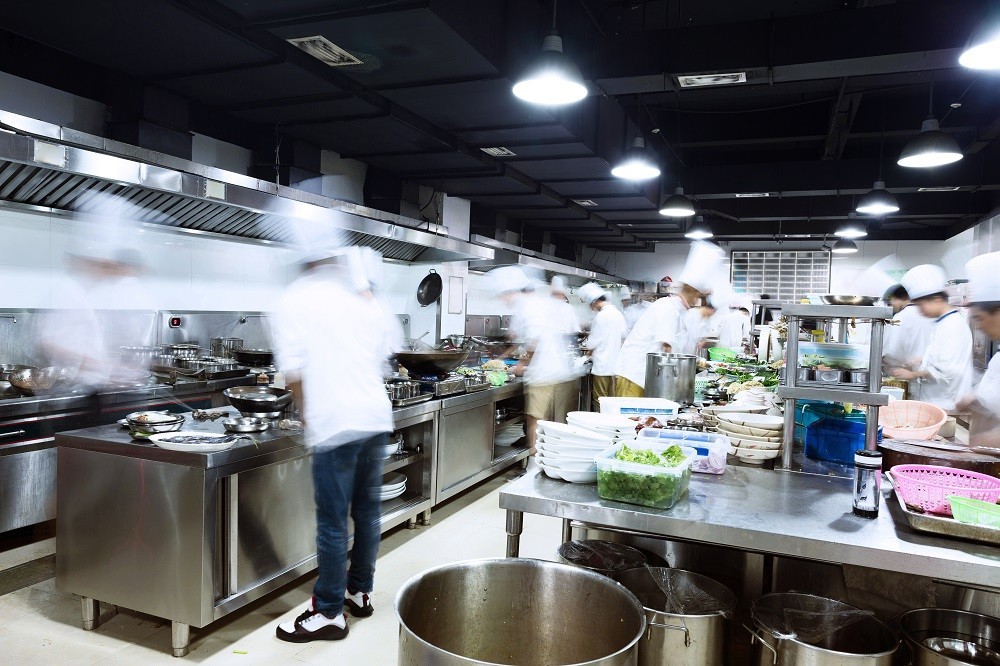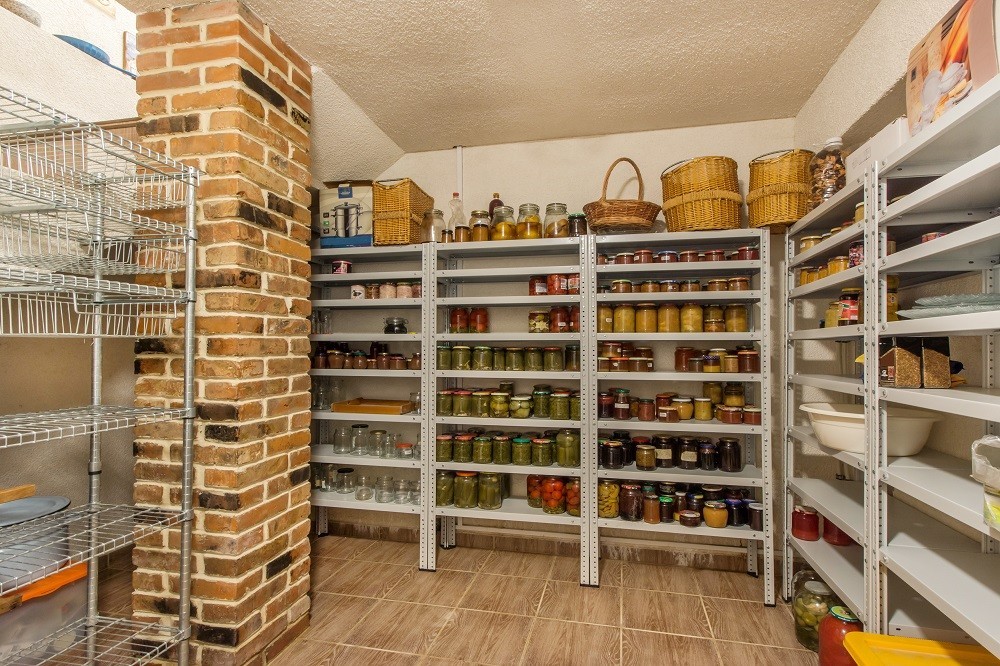A Pro Chef Shares His Go-To Kitchen Management Tips for Surviving Rush Hour
Customers have high expectations when they dine in a restaurant. The key to that terrific experience? Sound kitchen management. The chef and crew must be on top of their game – serving consistently exceptional meals, even during the rush of peak hours. Everyone in the kitchen must stay organized to stay focused amid the heat and chaos of the environment.

Kitchen Management Basics Straight from A Pro
Kitchen management affects the quality of the food and service. And to satisfy customers, you can’t have one without the other. It's not an easy balance to strike, so we sat down with Unilever Food Solutions’ very own Senior Sous Chef Brando Santos for his tips on surviving rush hour by running the kitchen like a well-oiled machine.
You work in professional kitchens. How different is running one versus a home kitchen?
Chef Brando: Home cooking has a more relaxed atmosphere. Techniques observed in a commercial kitchen usually don’t get utilized when cooking for the family. In a professional setting, the food you prepare must meet specific standards since the end goal is to turn a profit through diner satisfaction. And any failure to create tasty, nutritious, and safe meals defeats the core idea of food service. Generally, kitchen management in professional kitchens caters to a creative and more stringent setting.
Breaking Down What It Takes to Survive Rush Hour Service

Professional kitchens strictly follow health and food safety protocols. Though these steps can be rigid, they are especially crucial during rush-hour service. According to Chef Brando, a mise en place—a French culinary term that means “putting everything in its place”—is standard practice in professional kitchens.
You can manage your kitchen efficiently by ensuring your team understands culinary basics and knows the recipes by heart. Arrange the meat, fish, and garnish stations based on the dishes you’re offering. Is your chicken defrosted? Are your carrots sliced? Do you have enough bowls and pans? Do you have ample inventory? Which dishes need to be steamed, fried, or sautéed? Prep is the key to kitchen management. You wouldn’t want to mince onions in the middle of rush hour.
The Importance of Keeping a Close Watch on Inventory
Sometimes, experience is the best teacher. Formal education doesn’t always ensure real-life problem-solving skills. Many culinary experts develop their best techniques through years of practical learning. Chef Brando lists the reasons inventory management is pivotal for any food business.
- Stock your kitchen pantry so you have enough ingredients for more than the day’s service. Make sure to have more than enough supply of staples, like oil, salt, pepper, and flour. It would also help to have ready-to-use sauces and mixes like Knorr Sinigang sa Sampalok, especially since they’re known to have a stable shelf life.
- Keeping supplies updated means one less concern. It gives you more time to focus on prep work. Should you run out of an item during the lunch rush, inventory gives you room to adjust for dinner service.
- Planning can protect you from the unexpected. Weekends and holidays often bring more guests, but you never know. Some days might be slower or faster than others. But if you can analyze trends and prepare accordingly, you won’t be caught off guard.

A Chef's Secret to Managing a Restaurant Efficiently
Managing a restaurant kitchen is a complex task. Commercial food preparation areas consist of multiple stations, which must all work together to produce consistent, quality meals. For Chef Brando, efficient restaurant management comprises two vital parts:
- Well-trained staff — More work gets done when you delegate tasks among trained staff, as opposed to new crew members who still need guidance. Reduce the possibility of burn-out by dividing the labor. Managing kitchen operations becomes simpler when you have experienced and trustworthy pros.
- Tech and equipment — You can make purchasing, inventory, and storage better with the help of technology. Look for systems that streamline repetitive (but essential) tasks.
A well-managed kitchen works like an orchestra. Each member has to play their part in the symphony. When mishandled, staff can make mistakes that disrupt the entire operational flow.
According to Chef Brando, you must be able to apply the right management skills and food preparation techniques. These spell the difference between a subpar restaurant and a memorable dining experience. “Being focused and having the presence of mind is also important. When you’re in the zone, and everything is laid out and prepared in your station, you will survive the rush hour,” he adds.
Related Articles
What you'll get:
- Access to free Chef trainings
- The best recipes and tips from Chefs around the world
- The latest culinary trends
